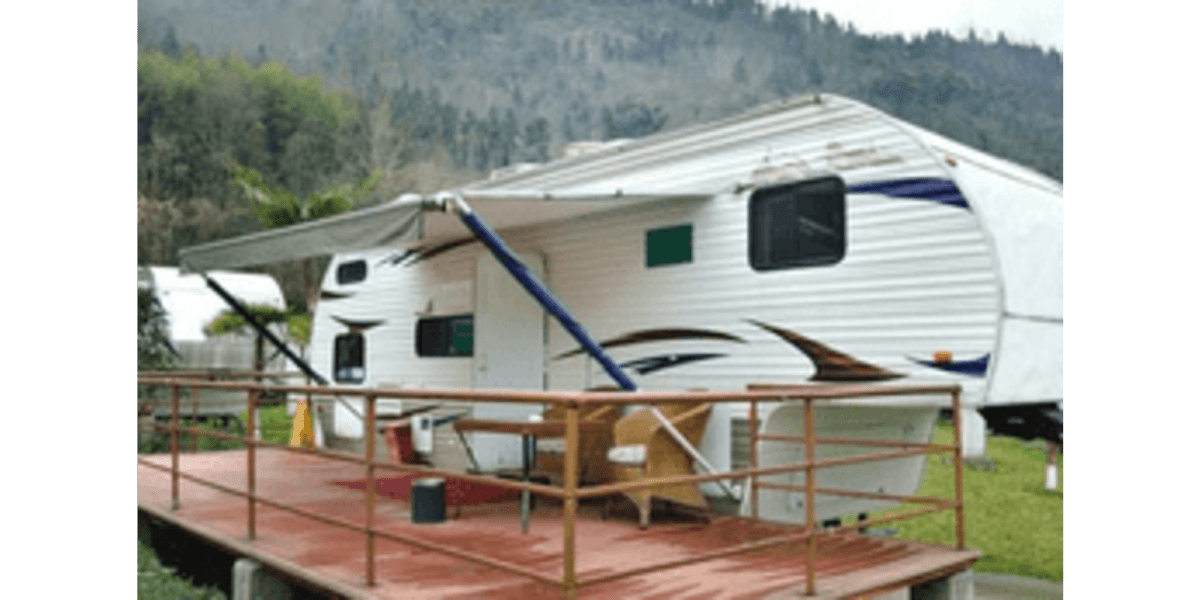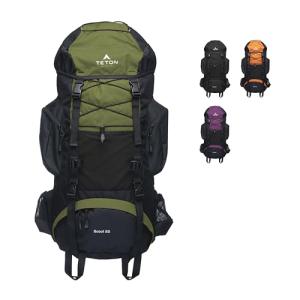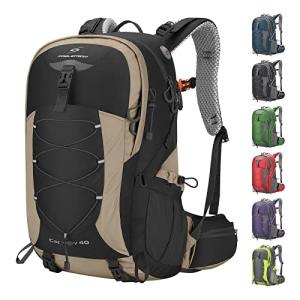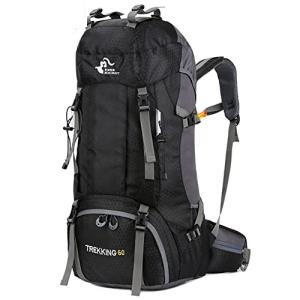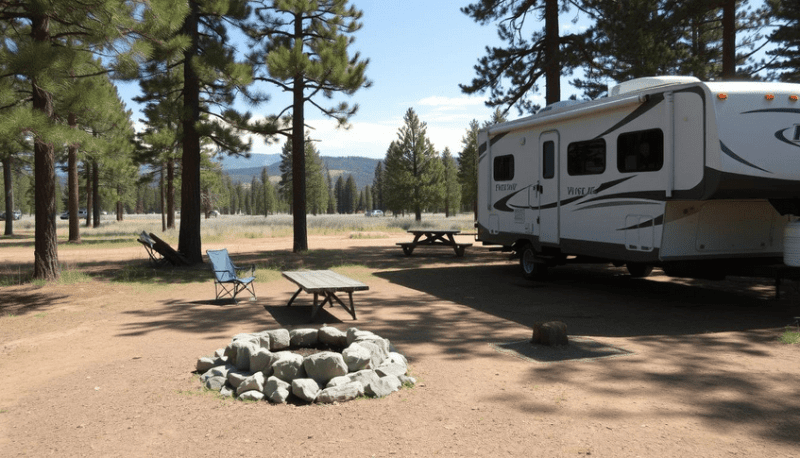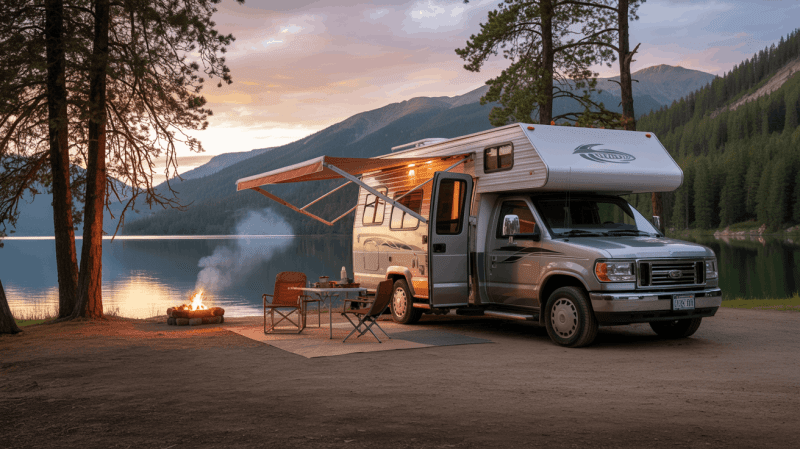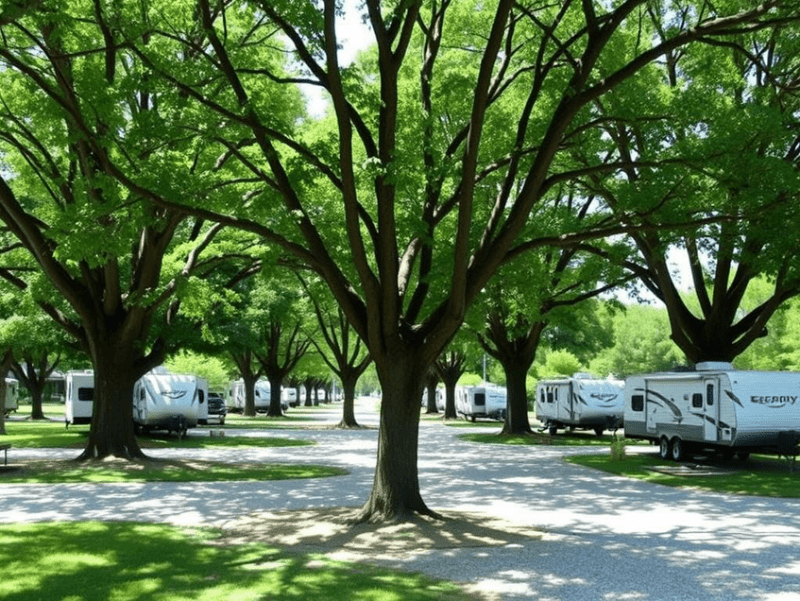As RV lovers, we know how important it is to keep our campers pest-free. Mice can sneak into stored campers, especially in winter when it's cold. This guide will show you how to keep mice out of your RV. We'll cover the best ways to prevent and get rid of rodents, so your camper stays mouse-free.
Key Takeaways:
- Mice only need a quarter-inch opening to enter an RV, making prevention crucial.
- Regular cleaning and food particle removal are vital to discourage rodents.
- Botanical repellents like Fresh Cab® provide 30 days of continuous protection.
- Proper ventilation and material protection are effective in ridding RVs of mice.
- Preventive measures are key to keeping mice out of your stored camper.
Understanding the Threat of Rodent Infestations in Campers
Rodent infestations are a big threat to our campers. They can cause health risks and damage our property. As RV lovers, we need to protect our campers from these pests.
Common Signs of Mouse Activity
Spotting mouse signs is key to stopping an infestation. Look out for:
- Droppings: Small, dark, and pellet-shaped rodent droppings
- Gnaw marks: Chew marks on wires, insulation, and food packaging
- Rub marks: Grease and dirt marks along walls and surfaces
- Nesting materials: Shredded toilet paper, paper towels, and insulation
- Strange noises: Scratching, scurrying, or squeaking sounds
Health Risks and Property Damage
Mice carry diseases like Hantavirus, which can harm campers. Their chewing can damage wiring, plumbing, and food. Fixing these problems can be expensive, so we must act fast.
Why Campers Are Attractive to Mice
Campers are perfect for mice because they offer shelter and food. These cozy spots are especially appealing when campers are stored away. Mice can get in through tiny openings, so we must seal all entry points.
https://youtube.com/watch?v=PRAx-ERH41c
Keeping our campers clean and using pest-proofing can keep mice away. By knowing the dangers of mice and taking action, we can keep our campers safe and fun for our trips.
Essential Prevention Steps: Mice Out of Stored Campers
As the weather gets colder, mice look for warm places to hide. Stored campers are perfect for them. They can damage your camper by chewing on wiring, upholstery, and insulation. It's important to prevent this to keep your gear safe.
Start by sealing all entry points with steel wool, caulk, or weather-stripping. Mice can fit through tiny cracks, so block all access points. Also, choose a storage spot away from dense plants where mice like to nest.
- Use airtight containers instead of cardboard boxes to store items inside the camper, as mice can easily chew through the latter.
- Thoroughly clean the camper, removing all food particles and nesting materials like napkins or tissues. This eliminates the resources that attract mice.
- Consider using botanical repellents like Fresh Cab® pouches for long-term prevention - their strong scents can deter mice from even approaching your camper.
By following these steps, you can keep mice out of your camper. This protects your camping gear. Don't wait for a problem to arise. Take action now to enjoy a worry-free camper winterization process.
Effective Cleaning and Storage Practices
Before you store your camper, make sure to clean it well. Get rid of all food, including pet food, to stop rodent infestations. Also, keep fabrics, bedding, and paper goods in sealed containers to stop mice from making homes in your camper.
Food Storage and Removal
Make sure your camper is clean of crumbs, spills, and leftover food. Mice and rodents are attracted to these, raising the chance of camper infestation. Keep all food in airtight containers and clean any food surfaces well.
Material Protection Strategies
Keep your camper's materials safe by storing fabrics, bedding, and paper goods in sealed containers. This stops mice from making nests, which can cause a lot of damage. Also, use fragrant rodent repellents like mothballs or essential oils to keep mice away.
Proper Ventilation Methods
Make sure your camper has good ventilation to avoid moisture buildup, which attracts mice and pests. For motorhomes, start the engine often to keep mice from nesting under the hood. A well-ventilated and dry camper is less appealing to rodents when not in use.
By following these cleaning and storage tips, you can lower the chance of mouse traps and rodent infestations in your camper. This makes your camper ready for a worry-free trip when you're ready to go again.
Natural and Commercial Deterrent Methods
Keeping mice out of your camper is crucial to protect your investment. It ensures a safe, pest-free environment. Exclusion and prevention are key, but using natural and commercial deterrents is also important.
Natural methods like peppermint oil, dryer sheets, and crushed red pepper can help. But, their effectiveness can vary. For reliable protection, Fresh Cab® Rodent Repellent is a good choice. It's EPA-registered and USDA-certified, offering 30 days of protection.
If you find mice in your camper, clean up safely to avoid disease. Regularly check and replace repellent pouches to keep your camper mouse-free.
Natural Deterrents
- Peppermint oil: Its strong scent can deter mice, but it needs frequent reapplication.
- Dryer sheets: Their fragrance can repel mice temporarily, but they're not a long-term solution.
- Crushed red pepper: Its spicy aroma and irritant properties can repel mice, but it must be reapplied often.
Commercial Deterrents
Fresh Cab® Rodent Repellent is a long-lasting, effective solution. It uses balsam fir essential oil and plant-based ingredients to keep mice away. It's EPA-registered for indoor and enclosed area use, offering 30 days of protection.
For active infestations, consider professional pest control. They can safely remove mice and prevent future problems. A mix of prevention, deterrents, and quick action is best for protecting your camper.
Conclusion
Keeping mice out of stored campers needs careful work and smart pest control. We must check regularly, seal well, clean deeply, and use good wildlife deterrents. These steps help keep our RVs safe and ready for our next adventure.
Mice can sneak in through tiny holes and start big problems. So, we must stay alert and act fast. Regular checks and using the right deterrents help keep our campers safe from mice.
By focusing on safe storage and using smart pest control, we can enjoy camping without pests. With the right steps, our campers will stay pest-free and ready for many more trips.
FAQ
Q: What are the common signs of mouse activity in stored campers?
A: Signs of mice include droppings, gnaw marks, rub marks, and chewed materials. Spotting these signs is key to tackling mouse problems in your camper.
Q: What health risks do mice pose in campers?
A: Mice can spread diseases like Hantavirus. They also damage your camper through nesting and chewing. It's vital to prevent and remove mice to keep you and your camper safe.
Q: Why are campers attractive to mice?
A: Campers offer mice shelter, warmth, and food. Sealing small entry points, 1/4" wide, is crucial to keep mice out.
Q: What are the key steps to prevent mice from entering stored campers?
A: To stop mice, seal all entry points, choose smart storage spots, use airtight containers, and clean the camper well. This removes food sources.
Q: How should I clean and prepare my camper for storage to deter mice?
A: Clean your camper thoroughly before storing it. Remove food, store fabrics and bedding in sealed containers, and ensure good ventilation. Using fragrant repellents like mothballs or essential oils can also help keep mice away.
Q: What are some effective natural and commercial deterrents for mice in campers?
A: Natural deterrents include peppermint oil and dryer sheets. Commercial options like Fresh Cab® Rodent Repellent offer lasting protection. For mouse problems, follow CDC cleanup guidelines and replace repellent pouches often.
DISCLAIMER
This document is provided for general information purposes only and should not be relied upon as providing legal advice, technical, or specific operational guidance to the reader, whether as to the practices described in the document or the applicable legal requirements and regulations. bestcampingdeals.com expressly disclaims any responsibility for liability arising from or related to the use or misuse of any information in this document.
